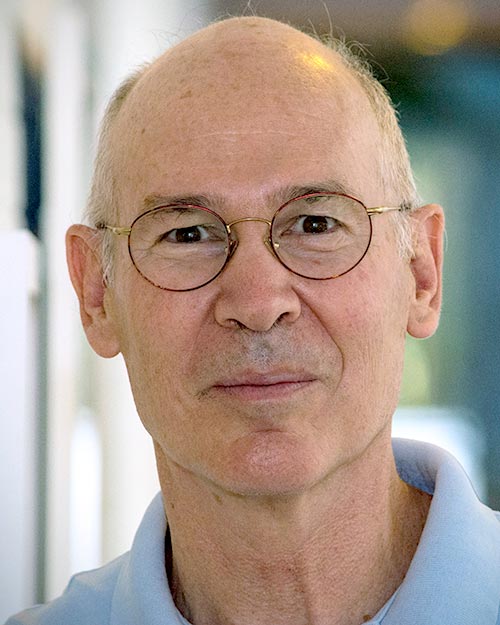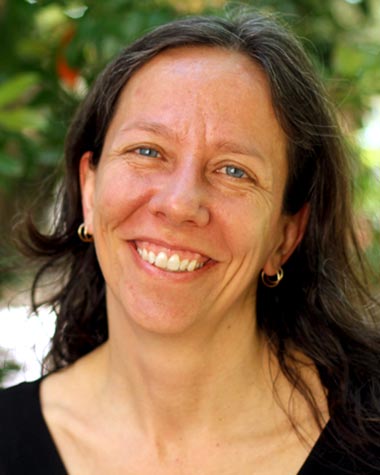Presented by the National Humanities Center in partnership with the Chapel Hill Public Library
During the 2020 Discovery and Inspiration: Conversations with Scholars series, we will explore the United States Constitution through the lens of the humanities.
This series is free and open to the public. No registration is required.
Made possible in part through the generous support of TUCASI and the Research Triangle Foundation.
Where
Chapel Hill Public Library, 100 Library Drive, Chapel Hill, NC 27514 (For directions please visit chapelhillpubliclibrary.org.)
When
2:00pm Saturdays in January and February 2020 (see schedule below)

Equal Justice Under Law: The U.S. Supreme Court, Then and Now
Saturday, January 11, 2020 at 2:00 pm
Walter E. Dellinger III, Douglas B. Maggs Professor Emeritus of Law, Duke University School of Law
Walter Dellinger is a member of the Appellate Practice at O’Melveny & Myers in Washington, DC, Douglas B. Maggs Emeritus Professor of Law at Duke University, and held a fellowship at the National Humanities Center from 1988 to 1989. Dellinger was named one of the 100 Most Influential Lawyers in America by the National Law Journal and recognized with a Lifetime Achievement Award from The American Lawyer.
He has testified more than 30 times before committees of Congress, served in the White House under President Clinton and in the U.S. Department of Justice as Assistant Attorney General and head of the Office of Legal Counsel (OLC) from 1993 to 1996. Dellinger was acting Solicitor General for the 1996–97 term of the U.S. Supreme Court, and argued nine cases before the court that term, more than any Solicitor General in 20 years. In 2003 Dellinger was counsel of record for the Human Rights Campaign and other national LGBT organizations in filing an amicus brief in Lawrence v. Texas in which the Supreme Court held that laws criminalizing homosexual sex were unconstitutional. In 2013 he filed a brief in Hollingsworth v. Perry, successfully arguing that opponents of gay marriage had no standing to challenge the lower court ruling in California. He has served as a constitutional advisor to national women’s groups and successfully argued in Jackson v. City of Birmingham that school employees fired for complaining about gender discrimination have a right to sue for retaliation under Title IX.

History of the Black Freedom Struggle from Reconstruction until the Present
Saturday, January 25, 2020 at 2:00 pm
William Chafe, Alice Mary Baldwin Professor Emeritus of History, Duke University
William Chafe is Alice Mary Baldwin Professor Emeritus of History at Duke University and held a fellowship at the National Humanities Center from 1981 to 1982. Along with Lawrence Goodwyn, Chafe cofounded the Duke Oral History Program in 1972 and the Duke Center for the Study of Civil Rights and Race Relations. He also helped create the Duke-UNC Center for Research on Women in 1981. In 1989, he was one of the founders of the Center for Documentary Studies, and served as its board chair for fifteen years.
Much of Chafe’s professional scholarship reflects his long-term interest in issues of race and gender equality. He is currently working on a revisionist overview of the Jim Crow era to be entitled Behind the Veil: African American Life During the Age of Segregation. The author of thirteen books, Chafe has written two books on the history of post-World War II America, a major new overview of the twentieth century, a history of personality and politics in modern America, and a biography of the liberal crusader Allard Lowenstein. His book on the origins of the sit-in movement in North Carolina helped to re-orient scholarship on civil rights toward social history and community studies. Most recently, he has expanded his interest in the relationship between personality and politics by writing Bill and Hillary: The Politics of the Personal.

American Liberalism: James Madison and the Principles of Liberal Democracy
Saturday, February 1, 2020 at 2:00 pm
John McGowan, John W. and Anna H. Hanes Distinguished Professor of English, University of North Carolina at Chapel Hill
John McGowan is John W. and Anna H. Hanes Distinguished Professor of English at the University of North Carolina at Chapel Hill and held a fellowship at the National Humanities Center from 2017 to 2018. He is a founding and active member of UNC’s Program in Cultural Studies, was the first director of the Graduate School’s Royster Society of Fellows, and served for eight years as the director of UNC’s Institute for the Arts and Humanities.
McGowan’s work sits at the intersection of philosophy, political theory, and literary studies. He is interested in how writers respond to the social conditions in which they live—and how they imagine alternative social arrangements. In particular, he focuses on images and norms of democracy and justice since the Romantic era. He is the author of six books of literary and political theory, including Pragmatist Politics: Making the Case for Liberal Democracy, American Liberalism: An Interpretation for Our Time, and Democracy’s Children: Intellectuals and the Rise of Cultural Politics. McGowan’s current project is an exploration of the virtues—love, forgiveness, humility, negotiation—necessary to social peace and an examination of the sources and meaning of violence.

Imperfect Union: What it Meant to be ‘American’ in the Post-Revolutionary Era
Saturday, February 8, 2020 at 2:00 pm
Kathleen DuVal, Bowman and Gordon Gray Distinguished Term Professor, University of North Carolina at Chapel Hill
Kathleen DuVal is Bowman and Gordon Gray Professor in the History Department at the University of North Carolina at Chapel Hill and held a fellowship at the National Humanities Center from 2008 to 2009. Prior to joining the faculty at UNC in 2003, DuVal held the Andrew W. Mellon Postdoctoral Fellowship at the University of Pennsylvania’s McNeil Center for Early American Studies.
DuVal is the author of the books Independence Lost: Lives on the Edge of the American Revolution and The Native Ground: Indians and Colonists in the Heart of the Continent. She is the coeditor of Interpreting a Continent: Voices from Colonial America with her father, the literary translator John DuVal. She has published in The New York Times, The Wall Street Journal, The Chicago Tribune, William and Mary Quarterly, Ethnohistory, Journal of the Early Republic, Early American Studies, and the Arkansas Historical Quarterly. She has won prizes for the best book on the American Revolution from the Journal of the American Revolution, the best article in the William and Mary Quarterly, and the best article in southern women’s history from the Southern Association for Women Historians. DuVal has appeared on The Diane Rehm Show, The State of Things, and documentaries on the History Channel and the American Heroes Channel. She is currently writing a book on Native dominance of North America from the eleventh to the nineteenth centuries with the help of a Guggenheim Fellowship.
CANCELED
The Constitutional Origins of the Wealth Gap with William A. Darity, Jr.
Saturday, February 15, 2020 at 2:00 pm

Staking Our Claim: How Expansive Are the Rights the Constitution Guarantees?
Saturday, February 22, 2020 at 2:00 pm
Yolonda Wilson, Assistant Professor of Philosophy, Howard University
Yolonda Wilson is assistant professor of philosophy at Howard University and a 2019–20 Encore Public Voices fellow. She currently holds a fellowship at the National Humanities Center. Wilson holds a PhD in philosophy from the University of North Carolina at Chapel Hill. Her research interests include bioethics, social and political philosophy, race theory, and feminist philosophy. She is broadly interested in the nature and limits of the state’s obligations to rectify historic and continuing injustice, particularly in the realm of health care, and is developing an account of justice that articulates specific requirements for racial justice in health care at the end of life.
Her most recent article, “Intersectionality in Clinical Medicine: The Need for a Conceptual Framework,” is a consideration on applying intersectionality’s intellectual approach in the clinical environment. Professor Wilson is the lead editor of a forthcoming special issue of The Journal of Social Philosophy entitled “Exploring Racial Injustice.” Her article, “A Postmortem on Postraciality,” will appear in that issue. Wilson’s current book project, Black Death: Racial Justice, Priority-Setting, and Care at the End of Life, uses racial disparities in end of life care to argue that, given historic and continuing racial injustice leading to African Americans being unfairly burdened with ill health, African Americans have a special justice claim on health care.
Professor Wilson’s public scholarship on issues of bioethics, race, and gender has appeared in The Hastings Center’s Bioethics Forum and The Conversation and has been republished in outlets such as The Los Angeles Times, The Chicago Tribune, Salon.com, and The Philly Voice. Her article for The Conversation, “Why Black Women’s Experiences of #MeToo Are Different,” was re-published internationally and forms the basis for an edited volume on feminist philosophy and #MeToo.

